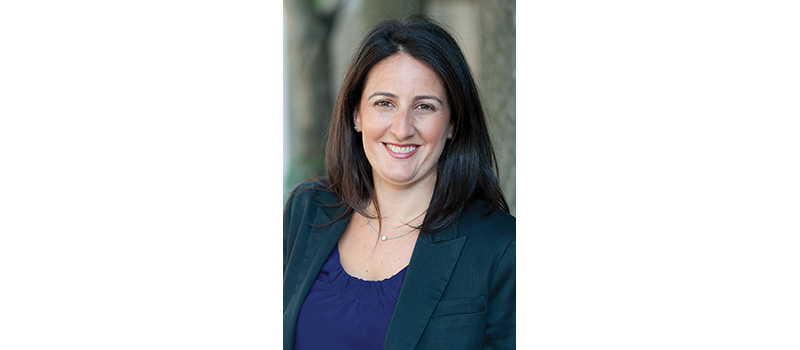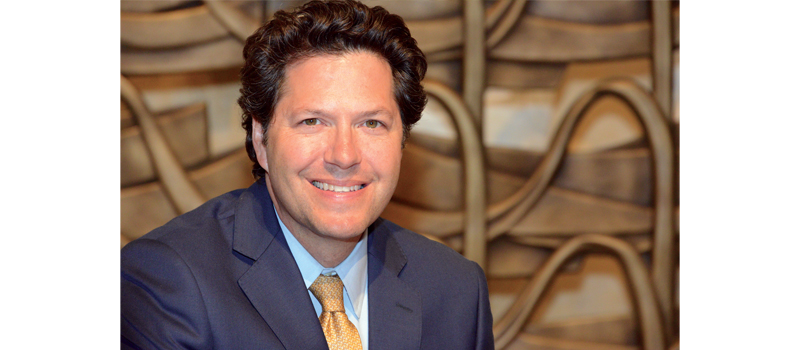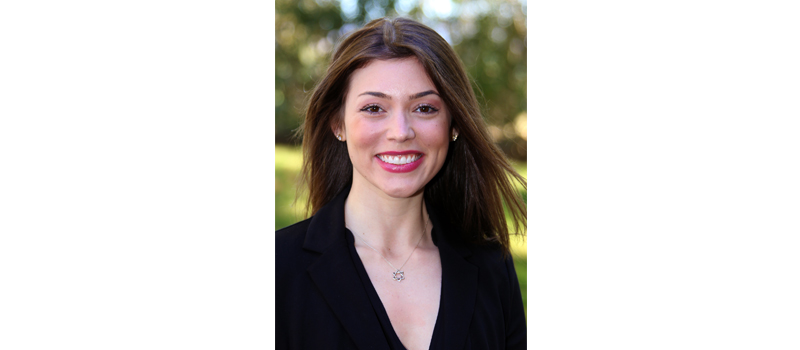by Rabbi Sari Laufer
I’ve never been a stargazer, though when I find myself somewhere with enough empty space to see their lights, I am awed by the immensity and the beauty of the night sky. And of the many classes I have taken in my years of formal education, astronomy was not one of them. Sure, I can vaguely identify the Big Dipper, and thanks to Harry Potter, I’ve heard of Sirius. So, imagine my surprise somewhere along the way when I realized that, while not an expert, I have far more than a passing familiarity with the phases of the moon.
Driving home recently, one of my kids noticed that “only part of the moon is in the sky.” Without even looking—at the moon or my calendar—I said: That’s because next week is the New Moon. In terms of impressing my kids with my vast celestial knowledge, it was probably low on the scale. In terms of centering myself in this week, this month, this time of year—it was an important question, and an important realization. As Shabbat begins on Friday night, so too does the month of Elul, the month leading us into the High Holy Day season. And so, in the midst of back to school nerves, returns to routines, and increased traffic up the hill—that sliver of a moon is a reminder that we need to tend to our spiritual “to do” list.
The month of Elul is marked by two practices: in Ashkenazi communities, there is a daily recitation of Psalm 27 (read daily from the 1st of Elul through Sukkot), and across the Jewish world, it is traditional to sound the shofar daily. The shofar is meant to be a spiritual alarm clock, meant to wake and shake us out of our routines and into the deep spiritual work of the season. The words of Psalm 27, not read at any other time in our liturgical cycle, are deeply personal. While our prayers and experience of the High Holy Days are largely communal, Psalm 27 gives voice to our individual hopes and aspirations for Divine closeness and serenity.
To these traditions, we offer you an additional way to prepare yourselves. Once again, your clergy and educators have put together a series of reflections for Elul. In addition to the words of Psalm 27, we invite you to consider the words of our prayers—the prayers of the High Holy Days and the prayers you will experience in our brand-new machzor. Our 2019 Elul Guide will offer insight into the prayers that move and challenge your rabbis, cantors, and educators the most, a sneak peek at some of the readings and offerings of the new machzor, and a chance to reconnect with familiar prayers of this High Holy Day season. I hope that in these pages, you find meaning and inspiration to bring you into the month ahead.
Chodesh Tov and Shabbat Shalom.



